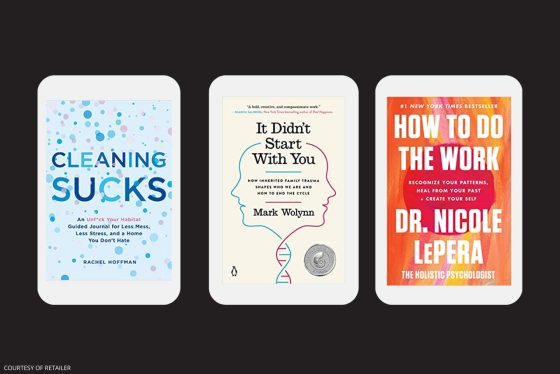Last Updated on 1 year ago by By Chiic Magazine
Anxiety Tips – Anxiety is something that many students struggle with, and it can really impact your ability to learn, retain new information, and perform well on exams or assignments. However, there are plenty of things you can do to help yourself feel less anxious throughout the day that doesn’t involve popping pills or spending big bucks on therapy sessions.
If you’re feeling anxious, check out some of these anxiety tips for students from an expert who specializes in helping college students cope with anxiety and stress. (Anxiety Tips)
1. Do Something To Relax
The hardest part of feeling anxious is that it makes you feel stressed and panicked, which in turn makes you more anxious. If you’re struggling to relax your mind and body during stressful times, try progressive muscle relaxation. Go through each muscle group, contracting and relaxing them one by one until your whole body feels relaxed. Make sure you breathe deeply while doing so. This process can help lower your heart rate and lower anxiety levels while getting those hormones flowing again.
2. Practice Meditation
If you’re struggling to focus or having trouble sleeping, try practicing some guided meditation. There are many apps and sites available to help students learn meditation techniques that can help calm their minds, relieve stress, and improve sleep quality. Meditating for 5-10 minutes each day can not only reduce stress but also lead to improvements in concentration, academic performance, productivity, and mood.
3. Take Deep Breaths
This is one of my favorites. It’s so simple, but it can completely change your outlook on life in just a few seconds. Sit down, get comfortable, and simply focus on your breathing for a few minutes before you go to bed. As you breathe in through your nose and out through your mouth, concentrate on how each breath affects you physically. Try to make sure that each inhale takes twice as long as an exhale. A relaxed mind will lead to more sleep and better health overall!
4. Eat Well
This one is simple. When we’re stressed or anxious, we often turn to comfort foods, which are typically high in sugar and fat and low in nutrition. So what does eating well mean for us when we’re anxious? It means eating healthy foods that keep our energy up throughout the day – fruits, veggies, nuts & seeds, whole grains (think brown rice or quinoa), lean proteins such as fish and chicken… you get it.
5. Get At Least 8 Hours of Sleep
Poor sleep habits can exacerbate feelings of anxiety. Getting enough sleep allows your body to properly recover and repair itself so you can function on all cylinders at school. Plus, when you’re well-rested, stressors don’t seem so stressful! If poor sleep is a problem for you, start small: leave your phone outside of your bedroom, try to avoid caffeine late in the day, and replace your afternoon nap with time spent reading or relaxing in natural light.
6. Exercise
One of my favorite ways to battle stress is through exercise. Not only does it release feel-good endorphins, but it also helps alleviate anxiety. Physical activity can improve your mental and physical health in so many ways. From improving brain power to boosting energy levels, exercise has many benefits that contribute to an overall healthy lifestyle. One of my favorite ways to battle stress is through exercise. Not only does it release feel-good endorphins, but it also helps alleviate anxiety.
7. Distract Yourself
If you’re feeling anxious, it can help to distract you for a bit. Start by thinking about something else for five minutes. Take time to relax, read your favorite book or watch your favorite show. You don’t have to stop worrying, but when your mind wanders back to anxious thoughts, try once again to let them go. The more you practice taking your mind off of things that stress you out, the easier it will be in general!
8. Get Support From Others
If you are struggling to cope, there are many people who can help you. Make sure you talk to your friends and family about how they can support you, or contact professionals such as a teacher, mental health professionals, or religious leader. Try reaching out to a community group in person or online if talking face-to-face is too difficult. You may also find it useful to connect with other students who are dealing with similar issues via Facebook groups or discussion forums.
9. Be Present
It’s called being present for a reason. You should be experiencing what you are doing in every moment that you are doing it. When something negative comes up and threatens to take over your thoughts, let it go, and bring yourself back to what you are doing at that moment.















